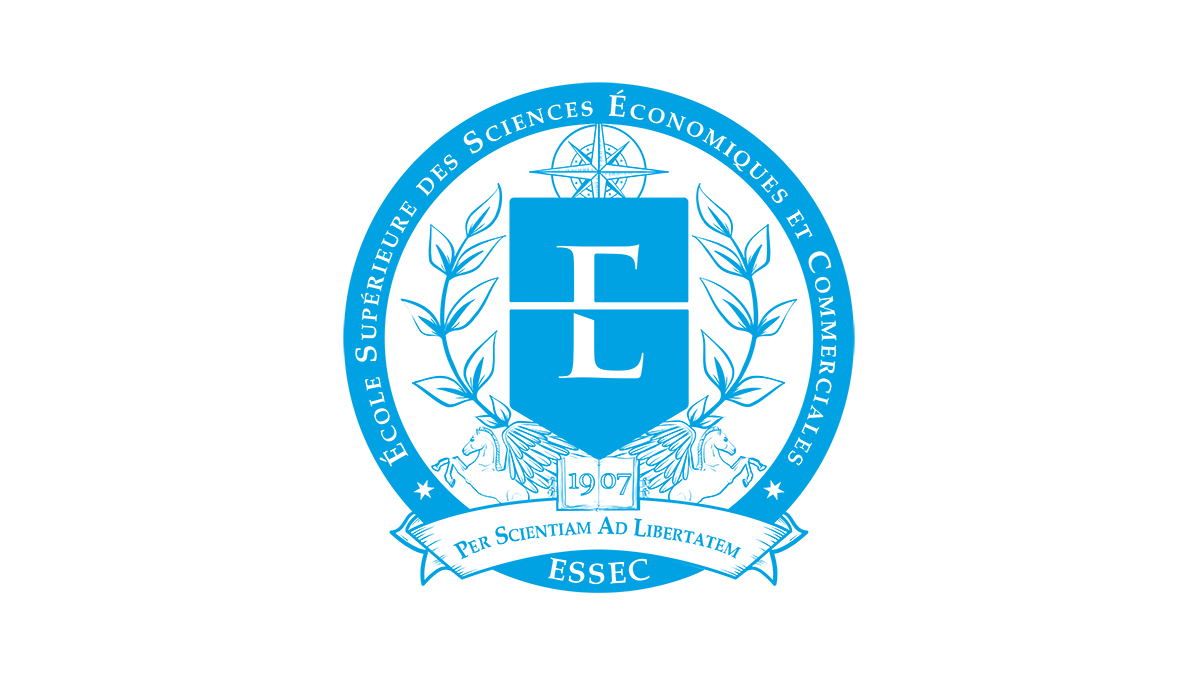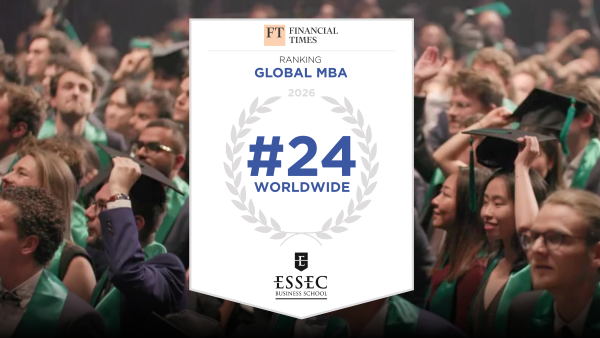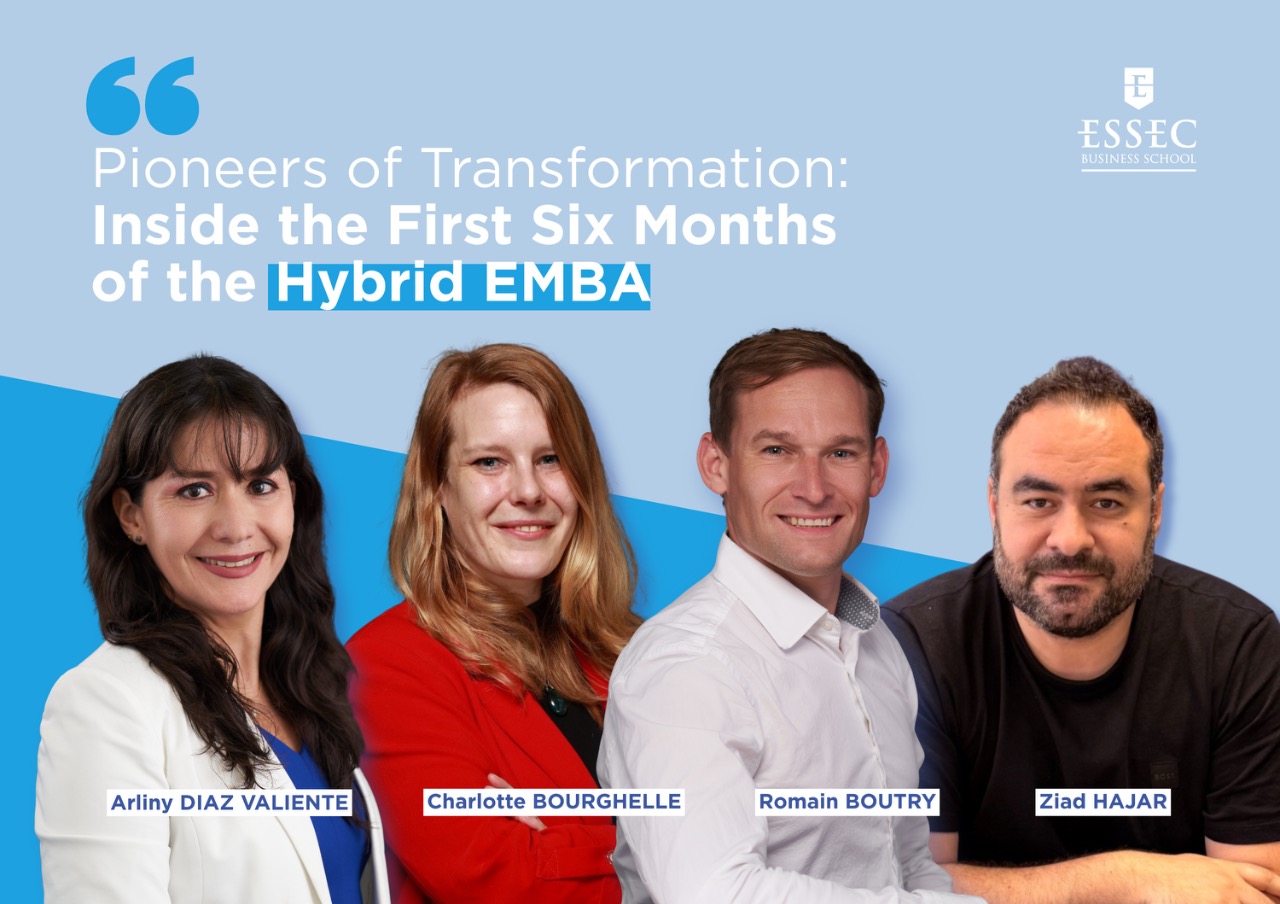At ESSEC, research on data and artificial intelligence is supported by a dynamic environment embodied by the Metalab Institute for AI, Data and Society.
"Metalab provides our researchers with a technical platform, streamlined access to data, and collaborations with companies and end-users willing to test prototypes," explains Abdelmounaim Derraz, Director of the Metalab. This ecosystem fosters academic freedom and promotes interdisciplinary synergies.
Among the school’s 194 faculty members, a “Guild” of about 70 professors is actively engaged in Metalab initiatives. This Guild meets regularly to share research progress, pool expertise, and initiate collective projects.
"It’s a way to break down disciplinary silos: faculty specializing in law, environment, energy, economics, and management collaborate to tackle AI challenges from all perspectives," highlights Guillaume Chevillon, ESSEC Professor and Academic Director of the Metalab.
This 360° approach is a distinctive strength of ESSEC, a business school uniquely positioned at the crossroads of scientific, technological, and economic challenges.
This dynamic fits into a broader strategy led by the ESSEC Research Center (CERESSEC), which defines the school’s scientific priorities. CERESSEC ensures that research at ESSEC remains ethical, rigorous, and impactful by supporting faculty in their projects, publications, and collaborations.



